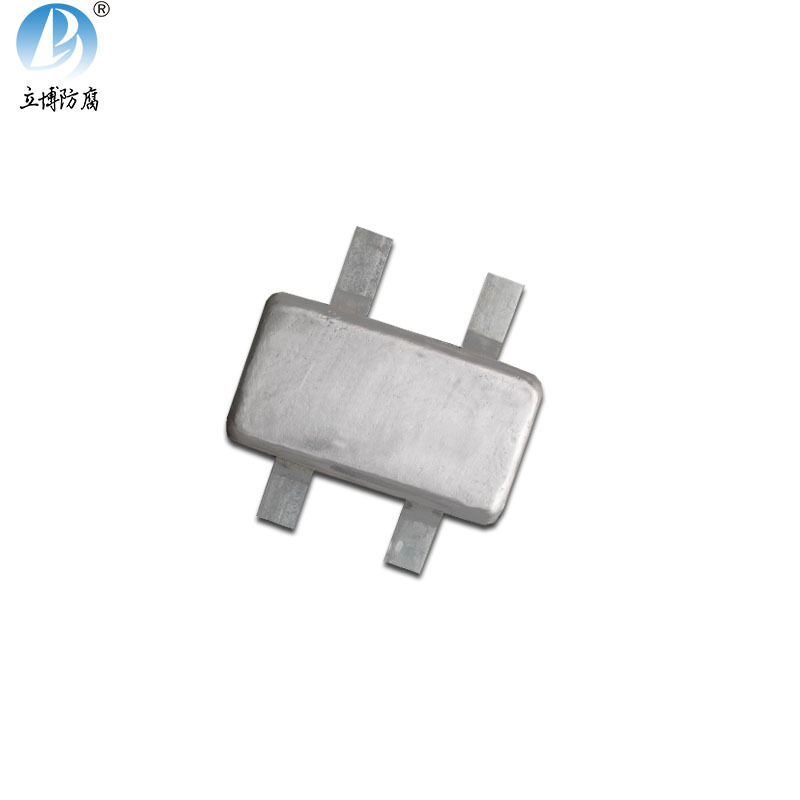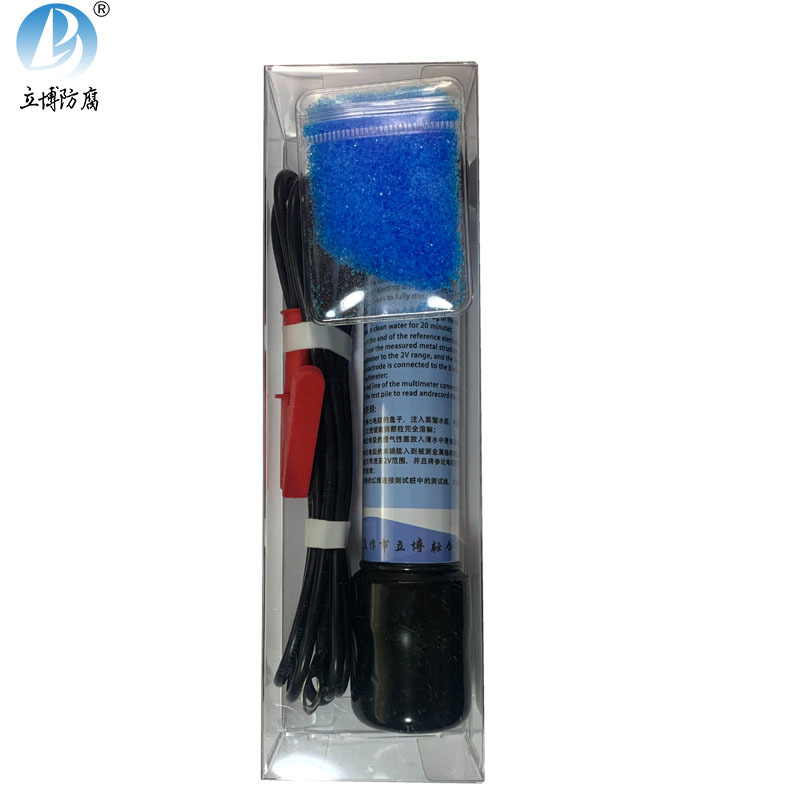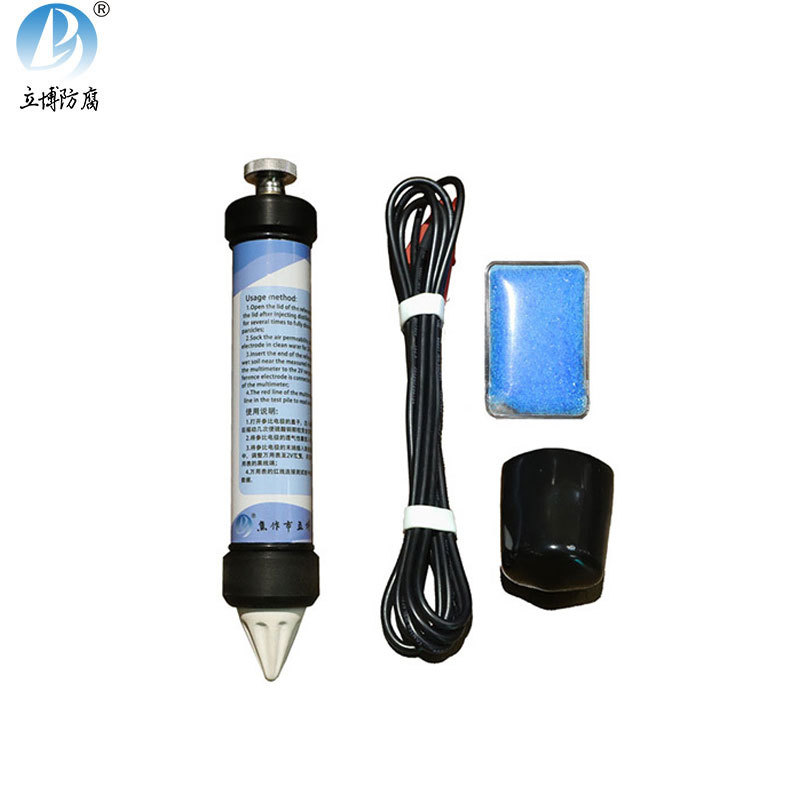The Role of Aluminum Anodes in Effective Corrosion Prevention
Release time:
2025-07-08
The Role of Aluminum Anodes in Effective Corrosion Prevention Table of Contents 1. Introduction to Corrosion and Aluminum Anodes 2. What is Corrosion? 3. Importance of Corrosion Prevention in Various Industries 4. What are Aluminum Anodes? 5. How Do Aluminum Anodes Work in Corrosion Prevention? 6. Types of Aluminum Anodes 7. Applications of Aluminum Anodes in Diffe
The Role of Aluminum Anodes in Effective Corrosion Prevention
Table of Contents
- 1. Introduction to Corrosion and Aluminum Anodes
- 2. What is Corrosion?
- 3. Importance of Corrosion Prevention in Various Industries
- 4. What are Aluminum Anodes?
- 5. How Do Aluminum Anodes Work in Corrosion Prevention?
- 6. Types of Aluminum Anodes
- 7. Applications of Aluminum Anodes in Different Industries
- 8. Benefits of Using Aluminum Anodes for Corrosion Control
- 9. Best Practices for Implementing Aluminum Anodes
- 10. Conclusion
- 11. FAQs
1. Introduction to Corrosion and Aluminum Anodes
Corrosion is a pervasive issue that can lead to severe damage and costly repairs in various structures and equipment. It occurs when metals react with environmental elements, leading to deterioration. In this context, **aluminum anodes** act as a sacrificial material to prevent corrosion in metals like steel and iron. By understanding the role of aluminum anodes in effective corrosion prevention, industries can protect their assets and extend their lifespan significantly.
2. What is Corrosion?
Corrosion is an electrochemical process that results in the degradation of metals. It occurs when metals are exposed to moisture, air, or chemicals, leading to oxidation. This deterioration can manifest in various forms, such as rust, pitting, or general corrosion. Understanding corrosion is essential, as it affects infrastructure, vehicles, and many industrial applications, leading to unexpected failures and safety hazards.
3. Importance of Corrosion Prevention in Various Industries
The prevention of corrosion is vital across multiple industries, including:
- **Marine Industry**: Ships and marine structures face constant exposure to saltwater, making corrosion a significant concern. Effective prevention strategies ensure safety and longevity.
- **Construction**: Steel reinforcements in concrete structures are susceptible to corrosion, which can compromise structural integrity.
- **Oil and Gas**: Pipelines and storage tanks are at risk of corrosion, leading to leaks and environmental hazards.
- **Automotive**: Cars and vehicles are exposed to moisture and road salts, necessitating corrosion prevention measures to enhance lifespan.
In each of these sectors, the costs associated with corrosion can run into billions, making effective prevention critical.
4. What are Aluminum Anodes?
Aluminum anodes are specially designed components made from aluminum alloys that serve as sacrificial anodes in cathodic protection systems. When connected to a structure subject to corrosion, aluminum anodes corrode preferentially, protecting the underlying metal from degradation. This method is widely utilized in various applications, offering an effective solution to combat corrosion.
5. How Do Aluminum Anodes Work in Corrosion Prevention?
Aluminum anodes work based on a simple principle of electrochemistry. When placed in contact with a metal structure, they become the anode in an electrochemical cell. The following steps illustrate this process:
1. **Electrochemical Reaction**: When aluminum anodes are submerged in an electrolyte (such as saltwater), they undergo oxidation, releasing electrons.
2. **Protective Barrier**: The electrons flow from the aluminum anode to the cathodic metal, providing a protective charge that prevents the metal from oxidizing.
3. **Sacrificial Function**: As the aluminum anodes corrode, they sacrifice themselves, effectively extending the life of the protected metal structure.
This mechanism ensures that the metal structure remains intact while the aluminum anodes are consumed over time, requiring periodic replacement.
6. Types of Aluminum Anodes
There are several types of aluminum anodes, each designed for specific applications:
- **Extruded Aluminum Anodes**: These are commonly used in marine applications, characterized by their high surface area and efficiency.
- **Cast Aluminum Anodes**: Ideal for various industrial applications, cast anodes provide excellent corrosion resistance and can be manufactured in various shapes and sizes.
- **Aluminum Alloy Anodes**: These anodes combine aluminum with other metals to enhance performance, tailored for specific environments.
Choosing the right type of aluminum anode is essential for maximizing corrosion protection.
7. Applications of Aluminum Anodes in Different Industries
Aluminum anodes find applications in multiple sectors, including:
- **Marine Applications**: Used in ships, boats, and offshore structures to prevent corrosion from seawater.
- **Pipelines**: Protects oil and gas pipelines from soil corrosion, extending their lifespan and preventing leaks.
- **Water Treatment Facilities**: Used to protect metal components in water treatment plants, ensuring operational efficiency and safety.
- **Electric Power Generation**: Aluminum anodes protect cooling water systems and other metallic components vital to power generation.
These applications demonstrate the versatility and efficacy of aluminum anodes in combating corrosion.
8. Benefits of Using Aluminum Anodes for Corrosion Control
Utilizing aluminum anodes offers numerous advantages, including:
- **Cost-Effectiveness**: While an initial investment may be required, the long-term savings from reduced maintenance and replacement costs outweigh the upfront expenditure.
- **Enhanced Durability**: Aluminum anodes prolong the lifespan of metal structures, reducing the frequency of replacements.
- **Environmental Safety**: Aluminum is non-toxic, making it a safe option for various applications, including marine environments.
- **Wide Availability**: Aluminum anodes are readily available in various shapes and sizes, ensuring compatibility with different structures.
These benefits underscore the importance of incorporating aluminum anodes into corrosion prevention strategies.
9. Best Practices for Implementing Aluminum Anodes
For optimal performance, consider the following best practices when implementing aluminum anodes:
- **Proper Sizing**: Ensure that the aluminum anodes are appropriately sized based on the specific application and environmental conditions.
- **Regular Inspections**: Conduct routine inspections of the anodes and the protected structures to assess performance and determine replacement needs.
- **Installation Techniques**: Follow proper installation guidelines to maximize the effectiveness of the aluminum anodes.
- **Environmental Considerations**: Account for the specific environmental conditions, such as salinity and temperature, when selecting and placing aluminum anodes.
Implementing these best practices will enhance the effectiveness of aluminum anodes in corrosion prevention.
10. Conclusion
Aluminum anodes play a vital role in effective corrosion prevention across various industries. By understanding how these anodes function and their applications, businesses can take proactive measures to protect their assets. With benefits such as cost-effectiveness, enhanced durability, and environmental safety, aluminum anodes are an indispensable tool in the fight against corrosion. Prioritizing the implementation of aluminum anodes will ensure the longevity and safety of structures, ultimately leading to significant savings and reduced risk.
11. FAQs
1. What is the primary purpose of aluminum anodes?
The primary purpose of aluminum anodes is to act as sacrificial anodes in cathodic protection systems, preventing corrosion in metal structures.
2. How often should aluminum anodes be replaced?
The frequency of replacement depends on environmental conditions and usage, but regular inspections are recommended to assess wear and performance.
3. Can aluminum anodes be used in freshwater applications?
Yes, aluminum anodes can be used in freshwater applications; however, their performance may vary depending on the specific conditions.
4. Are aluminum anodes environmentally friendly?
Yes, aluminum anodes are non-toxic and environmentally safe, making them suitable for use in sensitive environments, such as marine applications.
5. What factors influence the effectiveness of aluminum anodes?
Factors include the size and type of anode, environmental conditions (such as salinity and temperature), and proper installation techniques.
Key words:
Learn more about industry dynamics
The company's main products: magnesium alloy sacrificial anode series, aluminum alloy sacrificial anode series, zinc alloy sacrificial anode series, and cathodic protection supporting products, such as more than a dozen varieties and hundreds of specifications.
Focus on the development and production of cathodic protection materials
online message
We will contact you within one working day. Please pay attention to your phone or email.








